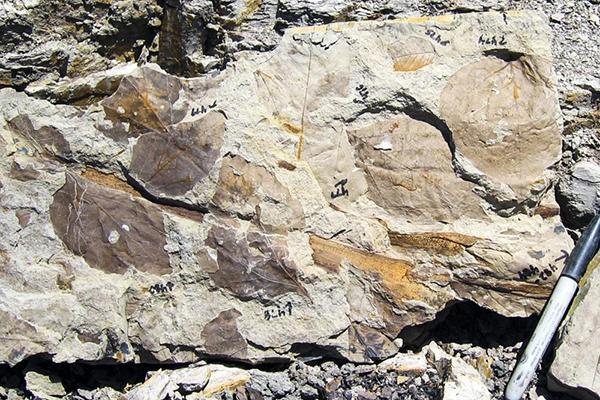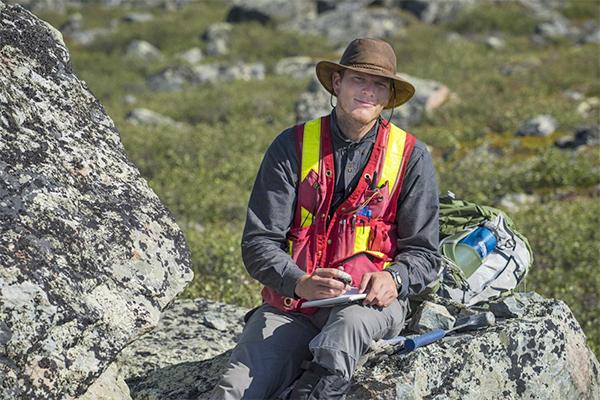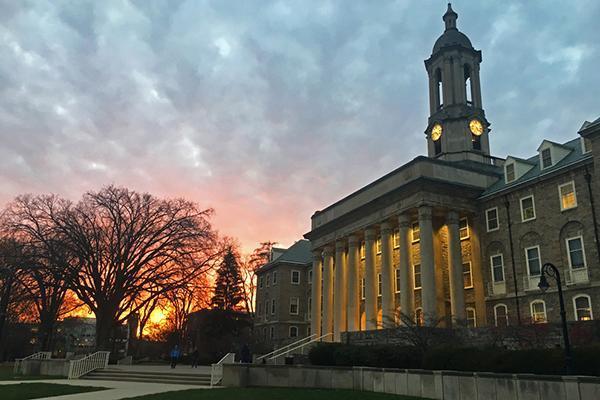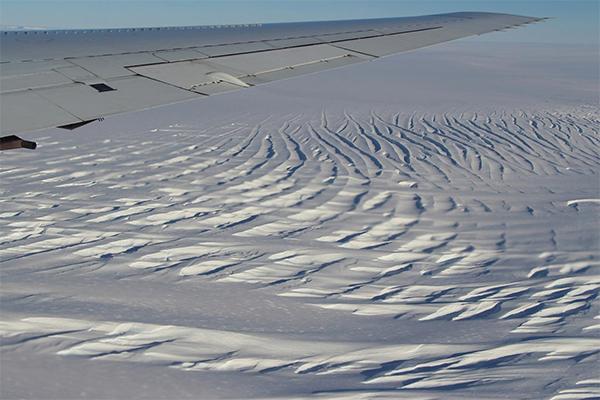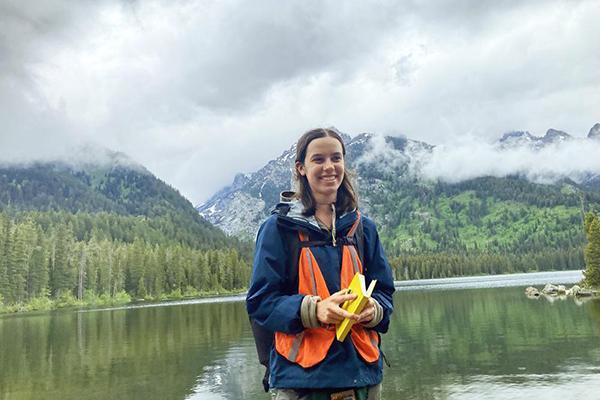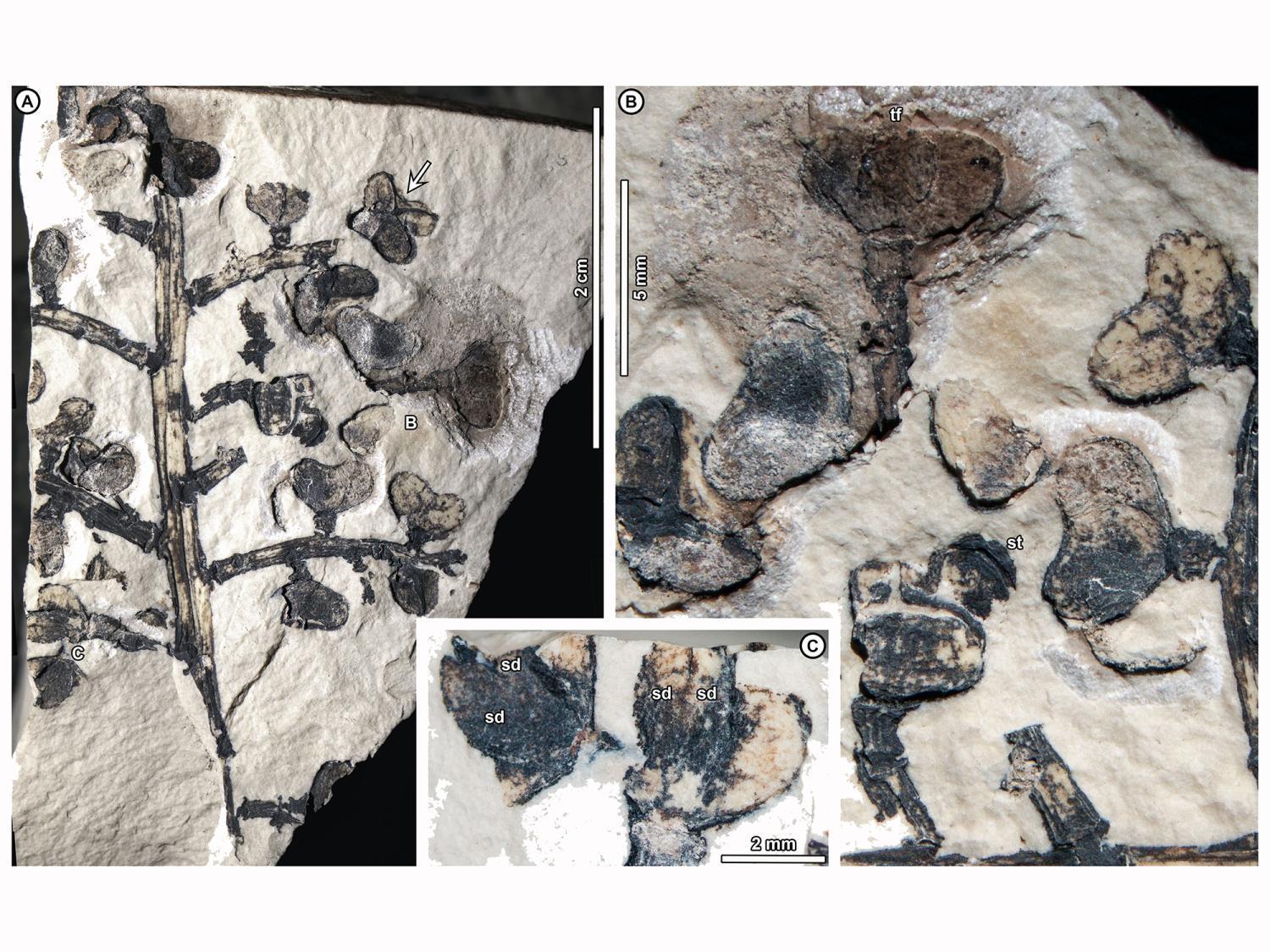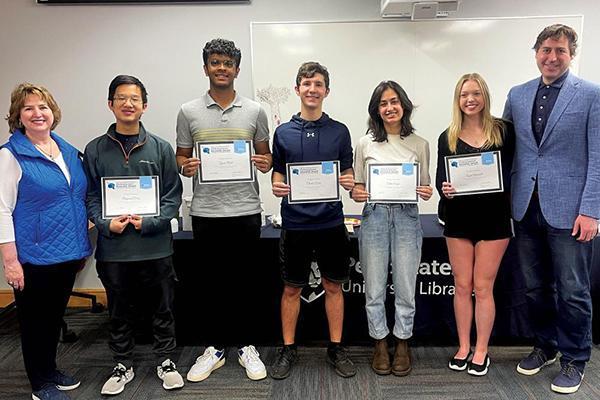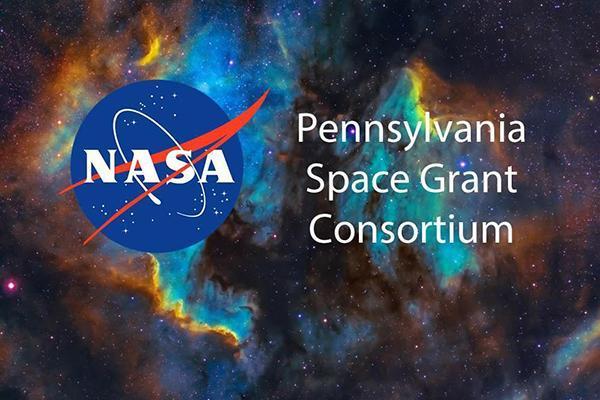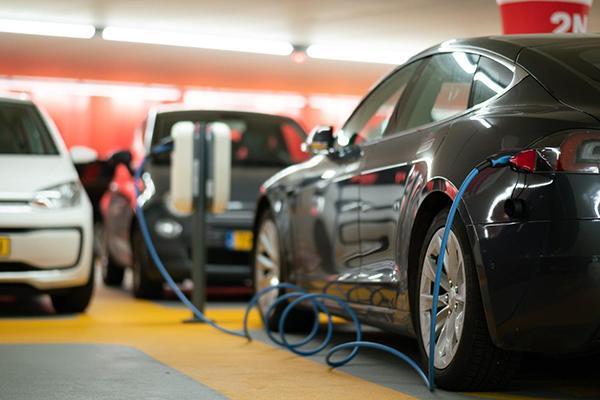Sixty-six million years ago, an asteroid the size of San Francisco crashed into a shallow sea off the coast of modern-day Mexico and plunged the world into an extinction event that killed off as much as 75% of life, including the dinosaurs.
The Earth’s crust continued a slow process of reworking for billions of years, rather than rapidly slowing its growth some 3 billion years ago, according to a Penn State-led research team. The new finding contradicts existing theories that suggest the rapid formation of tectonic plates earlier in Earth’s history, researchers said.
The Graduate School at Penn State welcomes 20 new National Science Foundation (NSF) Graduate Research Fellowship Program (GRFP) recipients for the 2023-24 academic year.
When the ground rumbles in Antarctica, it may be an icequake — like an earthquake but caused by the movement of ice, not rock. A new study by Penn State researchers found that these seismic events are driven by ocean tides at a major ice stream in West Antarctica
Geosciences student Halina Dingo represented the College of Earth and Mineral Sciences as the student marshal for Penn State's summer commencement.
Anyone who has taken a long road trip or bike ride has used a product of the spurge plant family — rubber. The spurge family, or Euphorbiaceae, includes economically valuable plants like the rubber tree, castor oil plant, poinsettia and cassava. Newly identified fossils found in Argentina suggest that a group of spurges took a trip of their own tens of millions of years ago. Driven by climatic changes and land movements over millennia, a group of spurges relocated thousands of miles from ancient South America to Australia, Asia and parts of Africa, according to research led by Penn State.
Penn State University Libraries presented its sixth annual Undergraduate Research Award: Excellence in Information Literacy honors at the end of the spring 2023 semester to 136 students at 20 undergraduate Penn State campuses.
Fourteen graduate students from Penn State have been awarded research fellowships and nine undergraduate students from around the commonwealth have been awarded scholarships from the Pennsylvania Space Grant Consortium (PSGC).
University students in science and engineering are increasingly aware of the importance of data visualization and communication skills. For one thing, they understand they live in a data-driven world, so regardless of their future career choices, data skills are key. What’s more, they also know our world is increasingly fast-paced, so transferable skills like communication, data analysis, storytelling, and design would be valuable even if they transition in their studies or careers later on.
Electric vehicles, or EVs, promise to reduce carbon emissions and serve as a tool to help mitigate climate change, but a team of Penn State researchers report there has been little research to determine how equitable the benefits of EVs are and, in fact, whether the technology may unfairly harm some areas and populations.


